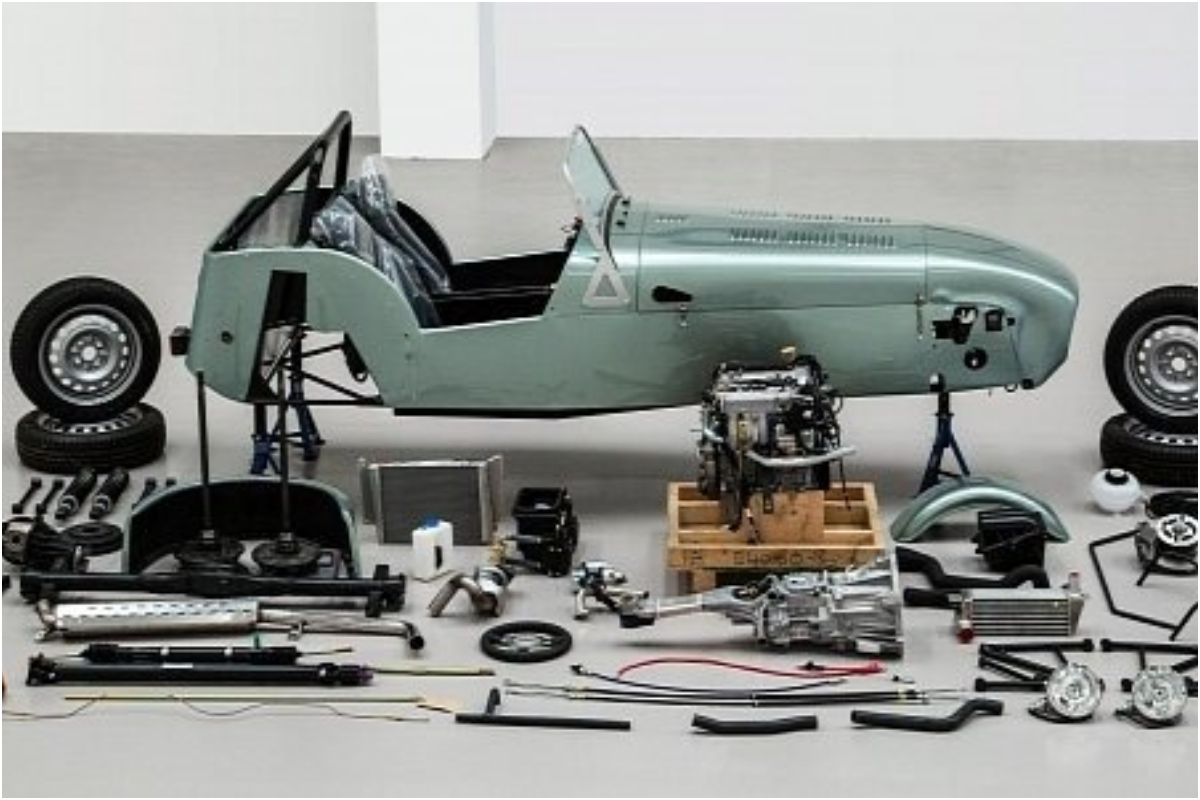In a startling development, the Comprehensive Knock Down (CKD) imports by local assemblers in Pakistan witnessed a staggering 58% decline, plummeting from $54 million in September to a mere $23 million in October. This figure not only marks the lowest monthly CKD import total ever reported by the country but also signals a deviation from the COVID-era norms.
Throughout the fiscal year 2022, the average monthly CKD imports stood at a robust $142 million, underscoring the severity of the current predicament. The first four months of the current fiscal year saw CKD imports shrink by 41%, totaling $208 million, as opposed to the $355 million recorded during the same period the previous year.
Several factors have contributed to this unprecedented drop in auto parts imports. The government’s stringent policy to control the current account deficit (CAD), coupled with leasing restrictions imposed by the State Bank of Pakistan amid soaring interest rates, has significantly deterred auto financing. Moreover, over the last 16 months, there has been a consistent decline in CKD imports, exacerbated by high car prices and inflation eroding the purchasing power of consumers.
If this downward trend in CKD imports persists, the ramifications could extend to further declines in car sales during the months of November and December. According to the latest data from the Pakistan Automotive Manufacturers Association (PAMA), October 2023 witnessed the lowest sales for local assemblers, with a meager 5,000 units of passenger vehicles sold across the country. Analysts are already predicting up to a 14% drop in overall sales for the fiscal year 2023–24.
Acting CEO of Baluchistan Wheels Ltd. (BWL), Mohammad Irfan Ghani, emphasized the critical challenges faced by automobile manufacturers due to shortages of CKD parts. Ghani stressed that the survival of automobile assemblers in Pakistan hinges on localization. Failing to pursue this path, he warned, exposes the industry to high risks.
Localization of parts, Ghani argued, offers several advantages, including cost-effective production, job creation, healthy competition, enhanced quality, and the preservation of valuable foreign exchange. Assemblers, according to Ghani, should earnestly consider reducing imports of CKD parts that are readily available from local vendors and can be manufactured using domestic resources. Encouraging local production, he added, not only strengthens the domestic industry but also alleviates the challenges faced by the auto vending sector, which is currently under significant strain.
The situation demands urgent attention from policymakers, industry stakeholders, and assemblers alike. The future of Pakistan’s auto industry may well depend on a strategic shift towards greater localization and reduced dependence on imported CKD parts.

















